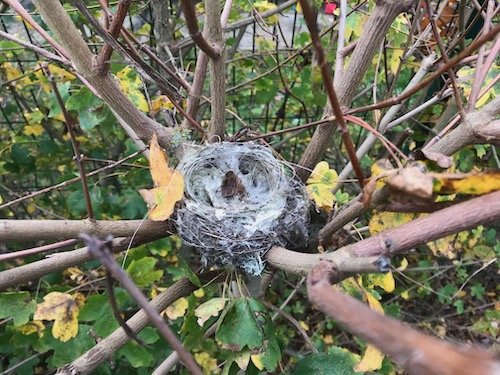Resisting
I am reading about fascism, in particular Robert Paxton's book The Anatomy of Fascism.
If analysis is concerned with untying and loosening bonds (ana-, un- + lysis, tying) then its founding movement contrasts with the tightening that forms the bundle or sheaf (Italian fascio) that gives fascism a name. So far, I am struck by a kind of opportunism in the history of fascism. It has a lot to say, often very loudly, but there isn't a body of writing or thinking behind or inside it. Fascism gathers tendencies and harnesses energies outside thought. But it is not itself wild. Rather, it forces order, espouses myth and hierarchy, and seeks to automate thinking.
Psychoanalysis, with the notion of an unconscious, something other than knowledge, at its core, is honestly wild. It is also marked, in its emergence and most vivid development, by the formations of reason in language. This combination of wildness and reason gives the best analytic writing its abiding energy and veiled truthfulness.
I am also reading about Wilfred Bion. A forthcoming book on Bion by Naomi Wynter-Vincent takes forward his psychoanalytic project in terms of a theory and practice of thinking. Fascism is against thinking. It treads on the eggs and the nests of thought. Wynter-Vincent's book, out with Routledge in 2021, brilliantly, fearlessly opens up Bion to access by those who love and read, and therefore think with, literature. She brings out the ordinary-language magic of good psychoanalytic thinking.
She suggests that rather than reduce language to a way of representing a pre-existing reality, and thereby coercing the wild thought into the realm of what is known, Bion is 'exquisitely concerned with the transmission and cultivation of the thought, posited as logically prior to the mechanism of thinking' (Wilfred Bion and Literary Criticism, Ch 1)
Rather than gather what is to be thought into his own space of thinking, Bion opens his mind hospitably to the problems and inabilities-to-think that precede thought--whether this be in infancy 'when the pain of hunger and the absence of the breast ... generate a problem to be solved (what to do with the ‘bad’ feeling of hunger)' or later in life, for the adult equipped with a mind, 'who nevertheless needs some thing to set off the thinking process' (Wilfred Bion and Literary Criticism, Ch 1).
This year of 2020 I have read William Davies' Nervous States: Democracy and the Decline of Reason, and more recently Jason Stanley's How Fascism Works. You will very likely divine why someone might do that in these days. But it has taken reading Naomi Wynter-Vincent's study of Bion to call up in me a mind capable of thinking about what fascism might be doing to thinking, and to see that a psychotherapist's blog might be a good place to mention it.
